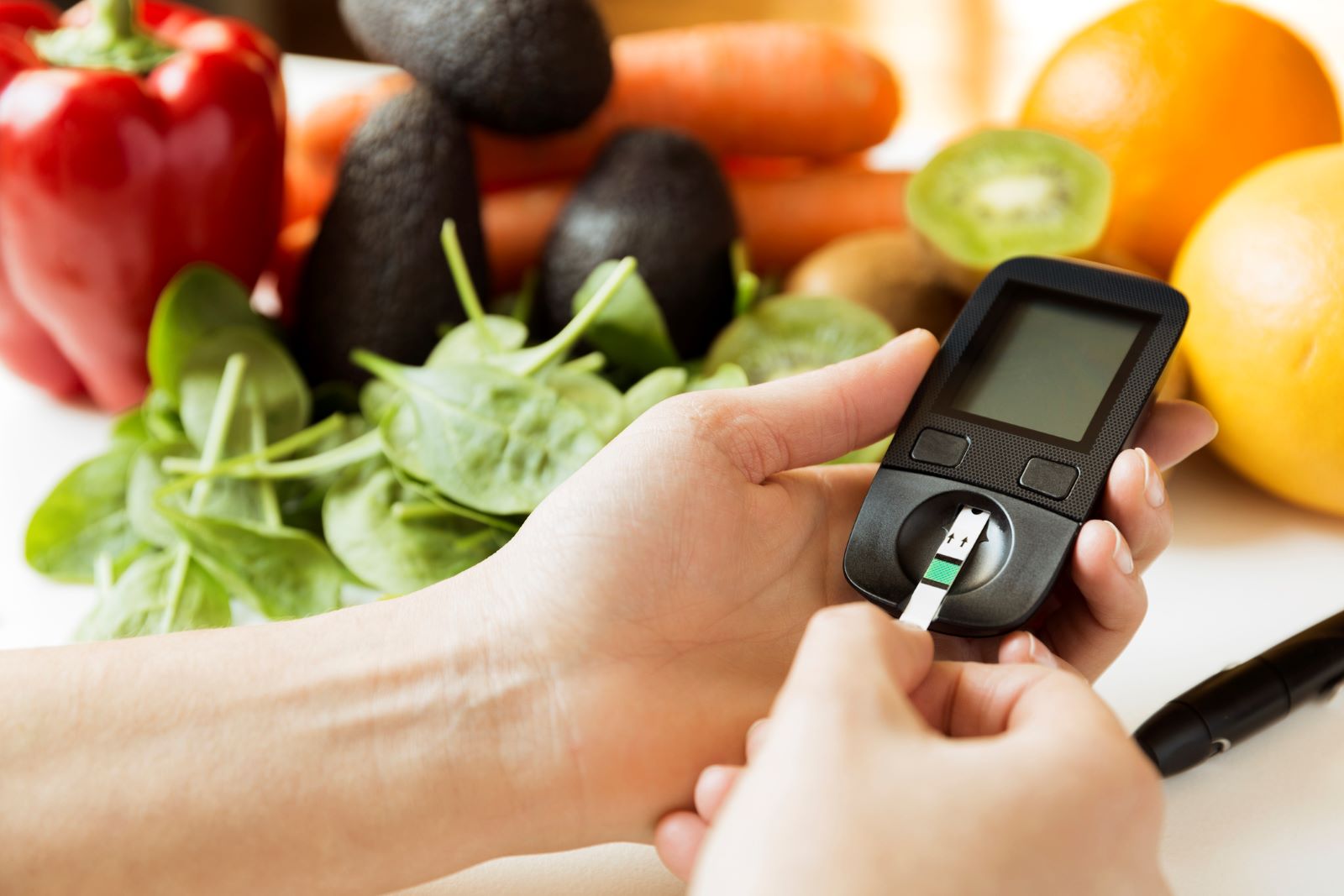<< Back
Community Health Team Hopes Education Will Prevent Diabetes

June 03, 2024
You might be diabetic.
You could be pre-diabetic.
You might be neither, but there could be aspects of your life that make you vulnerable to becoming diabetic in the future.
All of the above is why Hartford HealthCare community nurse Barbara Boiselle brought a diabetes education program to the Rose City Senior Center recently. Karen Barbone, who recently retired as a diabetes educator with Hartford HealthCare, provided the program for about 15 people.
There were lots of questions from the group, which included members of the Rose City Senior knit/crochet club, whose needles and hooks clicked non stop throughout the hourlong presentation.
Barbone gave an overview of what diabetes is and why it happens to people. She noted that if you don’t have diabetes but have risk factors for it, such as family history or obesity, “you can fight that if you are educated about it.”
You can be at risk for developing diabetes if:
- You have a family history of the disease
- You are taking certain medications that increase blood sugar levels
- You are sedentary
- You are overweight
“We need to help our body be receptive to insulin,” Barbone explained. “A well-balanced diet is so important for this.You need a balance in your diet of sugar and carbs, protein and fat. You need to be active.”
She said often when people are told they are at-risk, they make drastic lifestyle changes and then don’t stick to them. “Make little changes,” she advised. “Read food labels. Understand what you’re eating. Serving size is the most important thing.”
She answered a variety of questions from the group about diet specifics, ranging from the best fruits to eat to what kinds of nuts are healthy. “Fruit is better for you than chocolate,” Barbone said with a laugh. In response to a question about peanuts, she said, “Yes, but not the peanuts that are in a Snickers bar.”
Being active, and participating in both cardiovascular and weight training, is important because “the more muscle there is, the better the reception of insulin.”
“They say 30 minutes minimum of activity a day,” she said. “But you don’t have to do it all at once. Do 10 minutes before breakfast, 10 minutes after lunch and 10 minutes around dinner time. Take the longer way to the door from the parking lot. Do chair yoga.”
Most importantly, Barbone said, is to beware of scams and products that make false promises. There is no magic pill.
“We need all the parts of a healthy diet, you need to be educated about your blood sugar and what you’re doing that affects it. Get checked regularly, your blood pressure, your cholesterol, your kidney function. Get an annual eye exam. Pay attention to the nerves in your hands and feet. If you smoke, quit.”